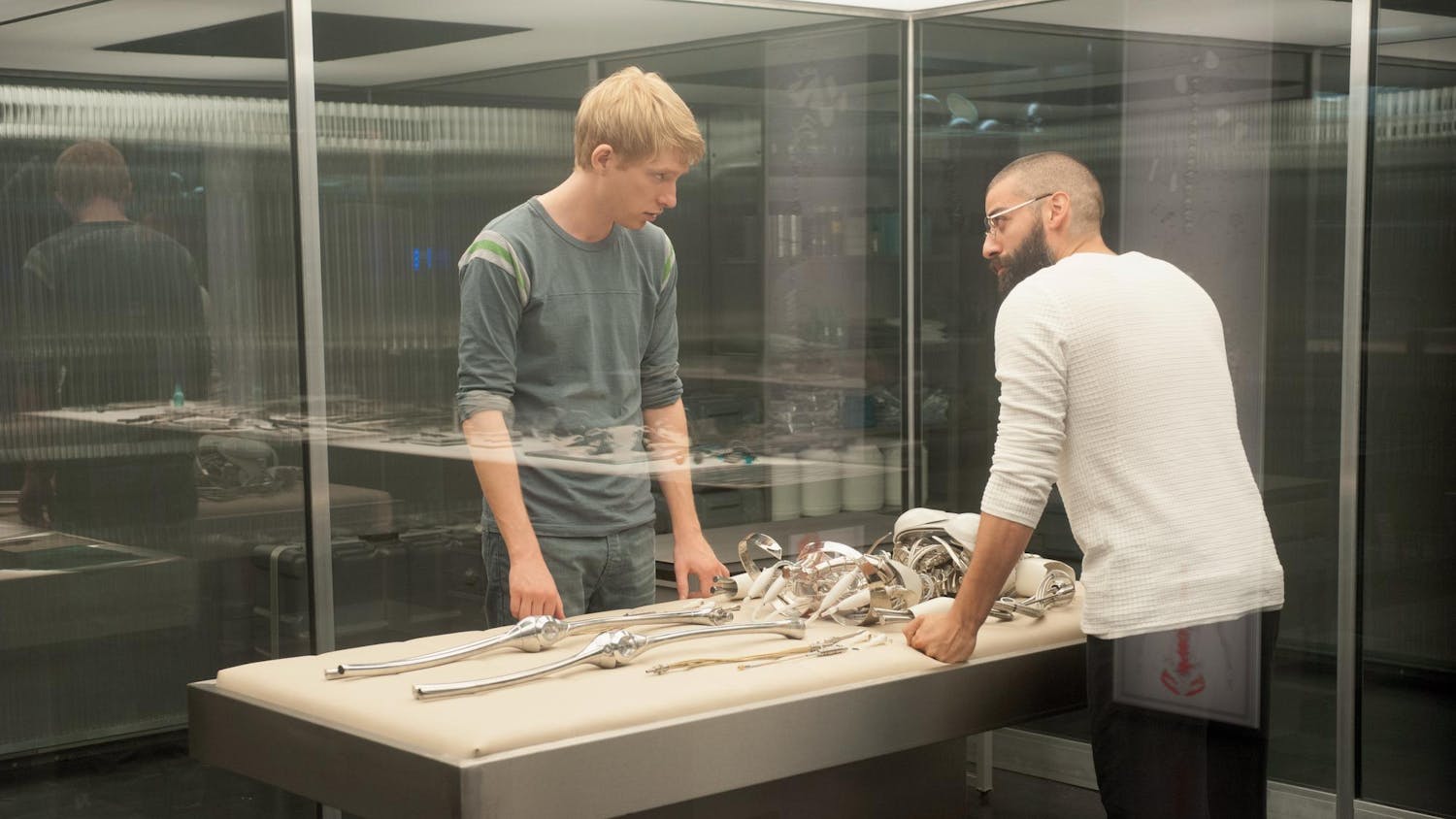I was trying to upload a file onto Canvas when it told me that it would only take .doc files, and that my Word document being .docx, would not be accepted.
After some Googling, I learned that Word 2007 and onward created .docx files only, and that .doc files were made for Word 2003 and prior versions. Luckily, Word allowed the option of saving in .doc format, and I was able to upload my assignment on time.
But apparently not everything in the digital age is that simple.
My experience with MS Word touched on something called backwards compatibility. A growing concern in today’s digital world is the digital “Dark Age” where backwards compatibility is not always ?guaranteed.
Supposing that Word did not have the option of allowing me to save my file as a Word 2003 .doc file, then it would be attributed to the lack of backwards compatibility. Backwards compatibility is important because it enables us to access older versions of files with newer versions of software.
Vint Cerf, Google vice president, known as a “father of the Internet,” has recently voiced his worries of future generations having missing information of the 21st century due to a digital Dark Age caused by the lack of ?backwards compatibility.
More aspects of our lives become documented by bits of digital information. However, the development of technology and lack of backwards compatibility risks the accessibility of such ?information.
To deal with this problem, Cerf proposes that we preserve pieces of software and hardware in digital form so they never become obsolete. While the specifics of this proposal are still in the process of being worked out, the idea itself is highly appealing. Many believe that succeeding in actualizing Cerf’s proposal would mean being able to make our memories and our lives accessible for generations to come. Sounds awesome, right?
But like I said, not everything in the digital age is, or should be, that simple.
While technology works to improve our lives every day, to save time and make us more efficient, there is something discomforting about our lives being transformed into bits of information that can then be made accessible to future generations. It brings up the question about what it’s all worth.
While developments in technology, in many ways, serve as an important marker of the progress of our modern civilization, we should not be swayed to believe that they can serve as a marker of our lived experiences. One of the biggest problems we face is finding ourselves and individual value through the freedom that technology ?provides us.
While resolving the issues involving backwards compatibility will provide us with more of such freedoms, there are always further questions of what to do with it and the kind value it adds to our lives.
We often need to remind ourselves that not everything in the digital age is that simple, and if we’re not careful, our lives might get swallowed up by the digital dark age, regardless of the presence or absence of backwards ?compatibility.
nywu@indiana.edu





